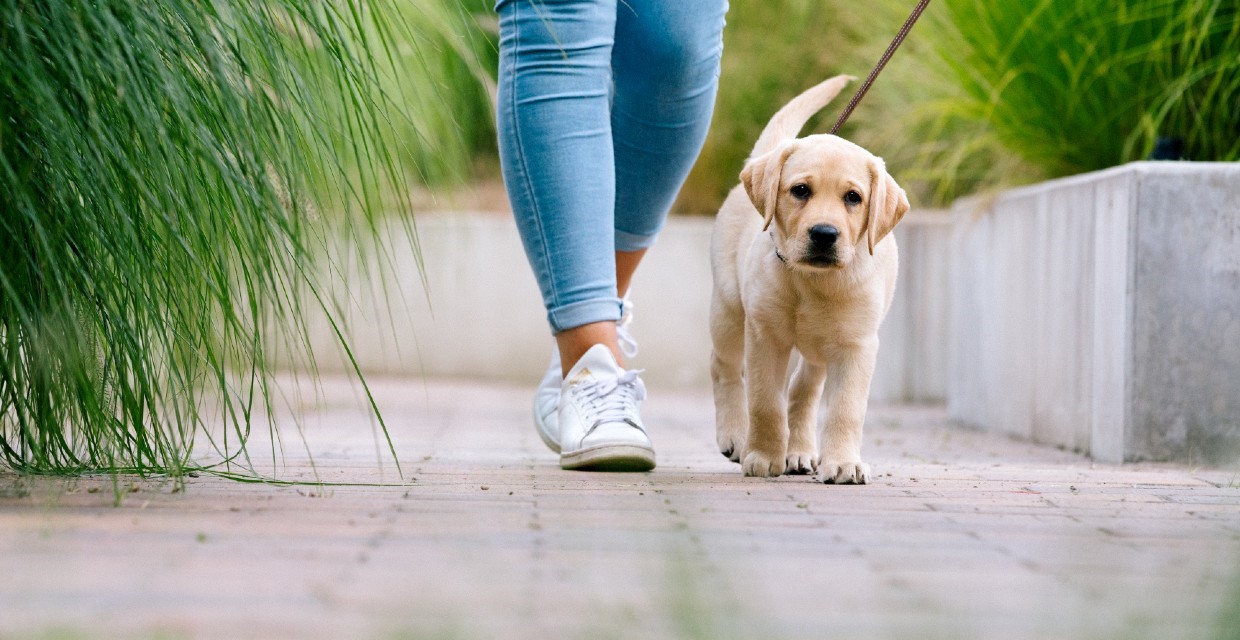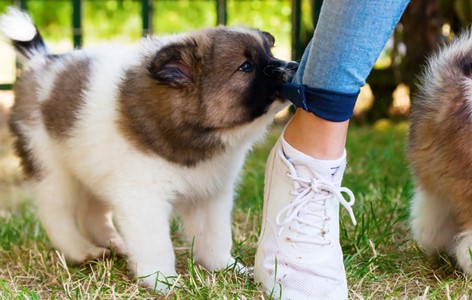Bringing home a new puppy is an exciting and joyful experience. However, it also comes with the responsibility of providing proper training and socialisation to ensure your furry friend grows up to be a well-behaved and happy companion. Selecting the right puppy school or trainer in Australia is crucial for setting a solid foundation for your puppy's development.
In this article, we will explore essential factors to consider when making this important decision.
1. Credentials and Experience
When choosing a puppy school or trainer, it's vital to evaluate their credentials and experience. Look for trainers who are certified by reputable organisations, such as the the Delta Institute or the Association of Pet Dog Trainers Australia (APDT). These certifications indicate that the trainer has undergone extensive education and follows ethical training practices.
Additionally, consider the trainer's experience working with puppies specifically. Puppies have unique needs and require trainers who understand their developmental stages, behavioural patterns, and positive reinforcement techniques suitable for their age. Experienced trainers will have a proven track record of successfully working with puppies and can adapt their training methods to suit individual temperaments and learning styles.
2. Positive Reinforcement Training
Positive reinforcement training is widely recognised as the most effective and humane approach to puppy training. Ensure that the puppy school or trainer you choose employs positive reinforcement and force-free training techniques, which involve rewarding desired behaviours rather than using punishment or force. This approach encourages puppies to learn and cooperate willingly, creating a strong bond of trust between you and your furry companion.
Ask potential trainers about their training philosophy and methods. Inquire about how they handle common puppy challenges such as housebreaking, chewing, and socialisation. Look for trainers who emphasise reward-based training, using treats, toys, and praise to motivate and reinforce good behaviour. Avoid trainers who rely on outdated dominance-based techniques that involve physical punishment or intimidation.
For more information on punishment-based training or dominance behaviour in dogs, visit below articles by the Dog Welfare Campaign:
- Implications of using training techniques which induce fear or pain in dogs
- What's wrong with using 'dominance' to explain the behaviour of dogs
3. Socialisation Opportunities
Socialisation is a crucial aspect of puppy training, as it helps them develop into well-adjusted and confident adult dogs. While most of socialisation happens in your puppy’s day to day life, a reputable puppy school or trainer should prioritise providing well-designed, controlled socialisation opportunities. Inquire about the classes or programs they offer to expose your puppy to various environments, activities, people, other dogs and animals.
Ideally, the puppy school should have controlled and supervised play sessions, allowing puppies to interact and learn appropriate social skills. They should also incorporate exposure to common stimuli, such as different sounds, textures, and situations. Socialisation experiences should be positive and carefully managed to prevent overwhelming or traumatic experiences for your puppy.
4. Class Size and Instructor-to-Fur-Student Ratio
Consider the class size and instructor-to-student ratio when selecting a puppy school or trainer. Smaller class sizes allow trainers to provide individual attention and address the specific needs of each puppy and their owner. This personalised approach ensures that training is tailored to your puppy's progress and enables you to receive hands-on guidance from the instructor.
Ideally, the instructor-to-student ratio should be low. This ensures that the instructor can monitor and manage the class effectively, preventing any safety concerns and allowing for a more focused and productive learning environment.
5. Client Testimonials and Reviews
One of the best ways to gauge the reputation and effectiveness of a puppy school or trainer is by reading client testimonials and reviews. Search for online reviews, visit their website, or ask for references from previous clients. Positive feedback from satisfied puppy owners indicates that the school or trainer has consistently delivered quality training and achieved positive results.
Pay attention to specific aspects mentioned in the testimonials, such as the trainer's professionalism, effectiveness of training methods, and the overall experience of both the puppies and their owners.
Choosing the right puppy school or trainer is essential for laying a strong foundation for your furry friend's development. Consider factors such as credentials, experience, positive reinforcement techniques, socialisation opportunities, class size, and client testimonials. By investing time and effort into finding the right professional, you are setting your puppy up for a lifetime of happiness, good behaviour, and a deep bond with you and your family.
























